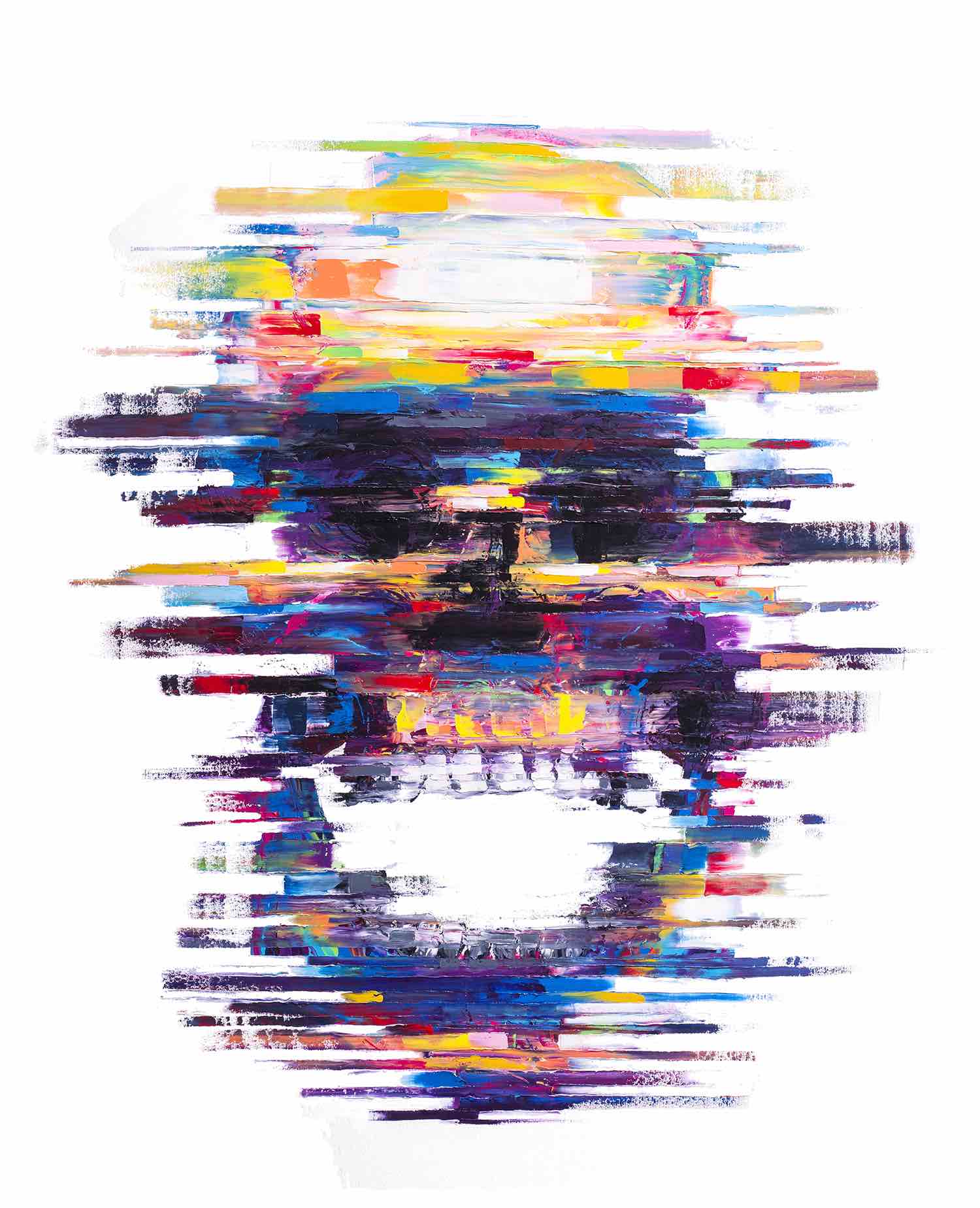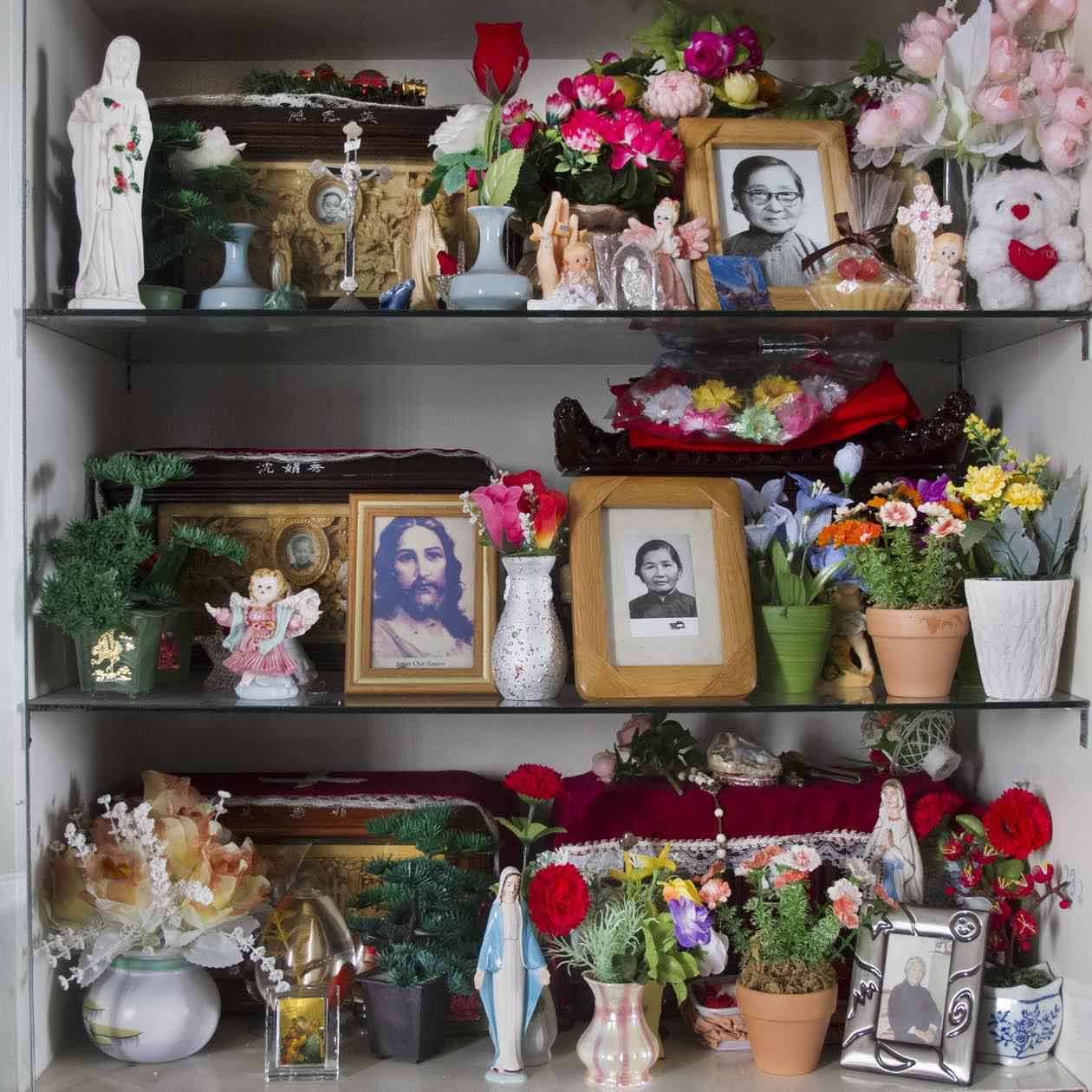Life Before Death
If you had to choose between the life of a loved one or the survival of a dozen other people, would you be capable of a rational decision?

I don’t smoke, but I also don’t wear seatbelts. I don’t consort with terrorists. I jaywalk. I’m not holding onto life very tightly. I’m not letting go, though. In Kate Chopin’s The Awakening, the main character walks into the sea. When I first read the book at age 16, it seemed an entirely reasonable choice. Twenty years later, I haven’t emulated it, but I still understand.
I don’t care if I die. This is hard for other people to understand. I realize that. So I don’t often speak of it. But that doesn’t change the reality of it.
I am a person of faith. When zombies eat my flesh, I believe my soul will continue on. I don’t hope for slow, bloody, painful death and apocalypse. It wouldn’t be a great moment. But it also wouldn’t be the end or even the worst. If you have that will-to-survive thing going on, send the hoard of walking dead my way.
Is it fatalism? Every movie where bombs explode, terror is unleashed, feats of strength abound, just to save the life of one person? I can’t keep quiet.
“That’s stupid,” I tell my husband. “Be rational. One death is better than a hundred.”
“You’d let me die to save the planet?” he asks.
I don’t have to think about it for a nanosecond.
“What about the kids?”
Everyone is the child of someone else. I’ll see them again, of that I’m sure. My kids have had wonderful lives and know how much I love and value them. And I will let a bad guy kill one of them if it would prevent other deaths.
I’m comfortable with that equation. That doesn’t mean I won’t get depressed and eat a whole lot of pistachio gelato and probably never feel the sun on my face again.
I had one Depo Provera shot, the birth control that would last three months. Then I couldn’t get pregnant for six years. I joked with the gynecologist about getting an extra-strong batch. My grandmother Daphne loved my husband, maybe more than she even loved me. She’d tell him, while I was outside or just talking in another room, that she wouldn’t die till we had a baby.
We did, finally, and she truly delighted in me as a mother. Months after my second son was born in 2009, Daphne’s husband Charles died. Grandpa was 92, diabetic since age 30. He never got to meet my little Owen. He would have been thrilled that my son was named after a John Irving book.
When Daphne died a few years ago, it was after my sons had built memories with her. Of playing in her big backyard with their second-cousins next door. Of planting beans with her and picking sun-warmed raspberries. They at least have a frame of reference when I tell stories about her, especially her love of the ocean. I talk about Grandpa and realize they don’t know him. Pictures of course, and stories, but he’s not a real person in their lives.
I miss them. I’m not sad they died, though—they each were tired. I wanted them to die and get some respite. It would be selfish of me to want to prevent their deaths or prolong their lives, just for my personal enjoyment.

When my husband was 10 or 11 months old, his 26-year-old mother Susan woke up one morning and fell over dead in the hallway. He has no memory of her and had a stepmother before his second birthday.
I fell in love with this man and married him and even had children with him before I understood a fraction of what this death meant in his life. Without a frame of reference of my own, I turned his loss into a segment of a novel or movie. Sad music, excellent lighting, foreshadowing future difficulty. But nothing about the day-to-day feeling of having no mother.
He was cared for but always an outsider—his step-mother had six kids with his dad. My husband may have been a loner no matter his circumstances, but feeling different and being the odd one out certainly didn’t help.
I believe that my soul is eternal. It was before I was here and it will remain when my body is worm-ridden. Rather than a comfort in my life, this has been a trial to me.
I don’t want to have a life after this one. The idea of forever horrifies my mind and churns my stomach. I like endings. They make sense. Continuation? That seems like hell. I hope that when this stage is done my mind will comprehend better rather than fear.
I was raised in a religious family, though that has little to do with my own faith. I’ve always felt the presence of God in my life and feel connected to Him. Some view that as a gift of the spirit, but that surety has stressed me out as often as it has comforted me. I hesitate to call my belief faith, so clear it seems to me that I couldn’t turn it off if I tried (and I have).
Actively, I am not looking to die. But it wouldn’t really bother me. I don’t want to make life challenging for my kids but for myself? I’ve got no worries on the subject.
As you might imagine, people don’t generally enjoy talking to me about The Big Picture. I truly don’t understand how the myriad Christians I know, who profess to believe that resurrection is available, are terrified of death.
My mother says she’s just not ready now. Others say they fear the pain and suffering before death. Both arguments make sense, I suppose—the theoretical is always different than the personal. And no one, not even the most sanguine, would invite excruciating pain into her life. But really, if you believe, shouldn’t you be cool with it?
If my husband dies, I have a plan. We’ll listen to “Wish You Were Here” and have a brief graveside service. That’s it. If anyone tries to talk to me I’ll throw a dagger.
How I wish, how I wish you were here.
We’re just two lost souls
Swimming in a fish bowl,
Year after year,
Running over the same old ground.
And how we found
The same old fears.
Wish you were here.
What else is there to say? I wish you were here, despite the annoyances of everyday life. I don’t need cold comfort—maybe later, not then.
I think I write bad condolence notes. I’m no good at pabulum. This sucks, I’ve put on more cards than I care to count. I’m sorry this bad thing happened to you. Because that’s really all I can do: acknowledge that something has happened, welcome or tragic, and things will never be the same.
It isn’t the time for me to express my perspective though; it is a time to give what the other person needs. When my friend Eileen died, nearing 80, on a study-abroad trip with her husband and dozens of college students, I couldn’t feel sad. She’d gone out in the best possible way. But hearing that was of no help to her broken husband; he needed to hear sorrow, a memory, something. I blew it.
For the whole first year of my oldest son’s life I’d dream of having to identify his body by his birthmarks: a Gorbechev-esque one on his forehead and another on his lower middle back. I’d be rational in the dreams—none of that visiting the morgue melodrama of crime procedurals. They were nightmares I assumed all new parents had—the child lost so early—but without the fear or panic.
Nonetheless, my second son is named after John Irving’s A Prayer for Owen Meany. There’s death right off the bat (literally and figuratively: death by baseball) and while the book is sad, it isn’t the focus. The whole book marches toward another death. There is a grace to Owen Meany, even as he embraces a certain fatalism. For my Owen, just six, it is that strength of character I hope he takes from the book.
I have thought my Owen would die many times. Breathing trouble, epileptic seizures, impossibly high fevers. Living with that possibility is a different kind of mothering, or at least a more in-your-face kind. All our children will die at some point. If your child has a chronic illness, leukemia, a brain tumor, that abstract is a little closer. If he goes, if I go, if any of us go, I have to be at peace with it.
I came home from kindergarten one day and told my mother I wanted to die. I don’t remember this conversation but she certainly does. I loved Mrs. Ursula, my teacher, and there was no obvious cause of trauma. I was simply ready, calmly, objectively.
I’m an active woman, devoted to sunshine and the outdoors. While I'm here, I'm taking advantage of all life has to offer. Knowing the end could be just around the corner? I'm fine with that too.
